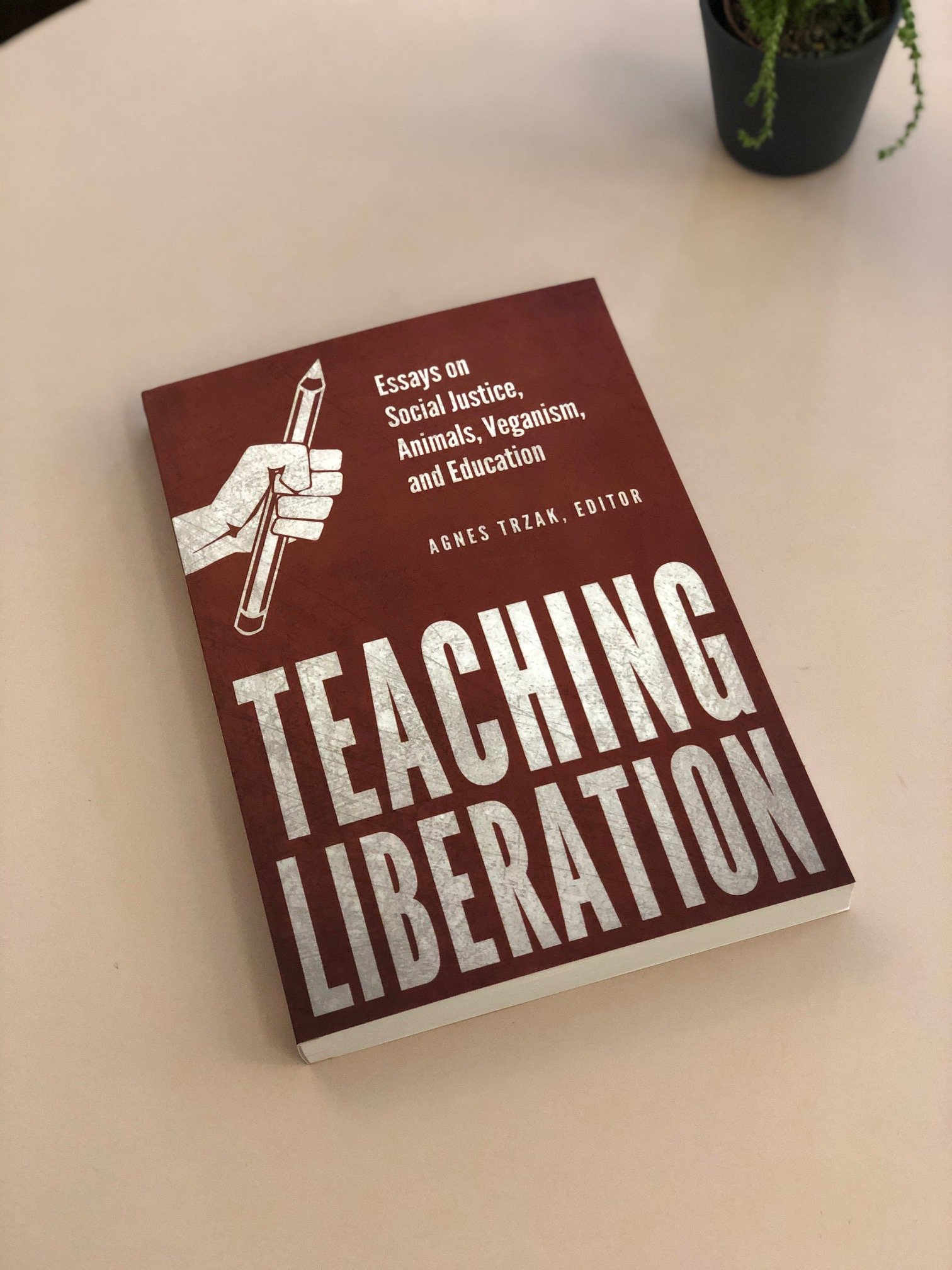Teaching Liberation: Essays on Social Justice, Animals, Veganism, and Education
As humankind moves deeper into the Anthropocene, a period marked by climate disruption, species extinction, and profound challenges to human and animal welfare, what and how we teach our children has never been of greater importance. In this passionate, incisive, and diverse collection of thirteen interconnected essays, educators at every level of education and from four continents call for a re-imagined pedagogy that embeds respect for the other-than-human world, encourages imagination and resilience, and fosters open inquiry based on principles of justice, fairness, and equity. By turns polemical, visionary, and practical, Teaching Liberation is an essential book for critical animal studies scholars, humane educators, and all those who practice pedagogy, whether in the classroom or outside it.
As humankind moves deeper into the Anthropocene, a period marked by climate disruption, species extinction, and profound challenges to human and animal welfare, what and how we teach our children has never been of greater importance. In this passionate, incisive, and diverse collection of thirteen interconnected essays, educators at every level of education and from four continents call for a re-imagined pedagogy that embeds respect for the other-than-human world, encourages imagination and resilience, and fosters open inquiry based on principles of justice, fairness, and equity. By turns polemical, visionary, and practical, Teaching Liberation is an essential book for critical animal studies scholars, humane educators, and all those who practice pedagogy, whether in the classroom or outside it.
As humankind moves deeper into the Anthropocene, a period marked by climate disruption, species extinction, and profound challenges to human and animal welfare, what and how we teach our children has never been of greater importance. In this passionate, incisive, and diverse collection of thirteen interconnected essays, educators at every level of education and from four continents call for a re-imagined pedagogy that embeds respect for the other-than-human world, encourages imagination and resilience, and fosters open inquiry based on principles of justice, fairness, and equity. By turns polemical, visionary, and practical, Teaching Liberation is an essential book for critical animal studies scholars, humane educators, and all those who practice pedagogy, whether in the classroom or outside it.

